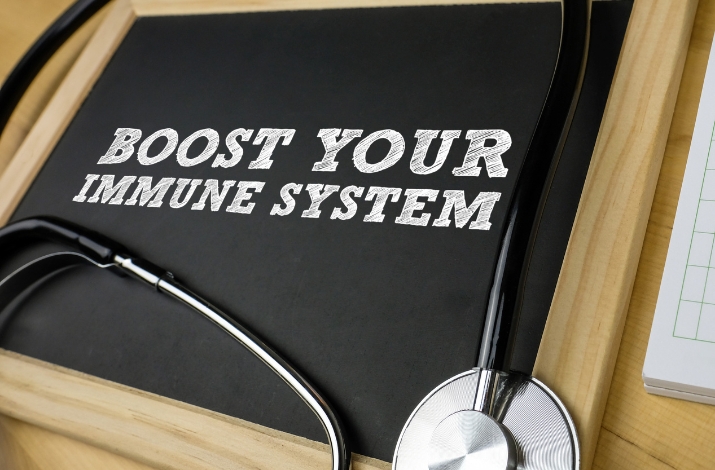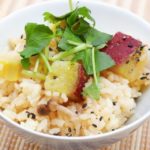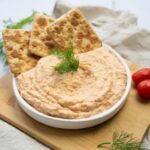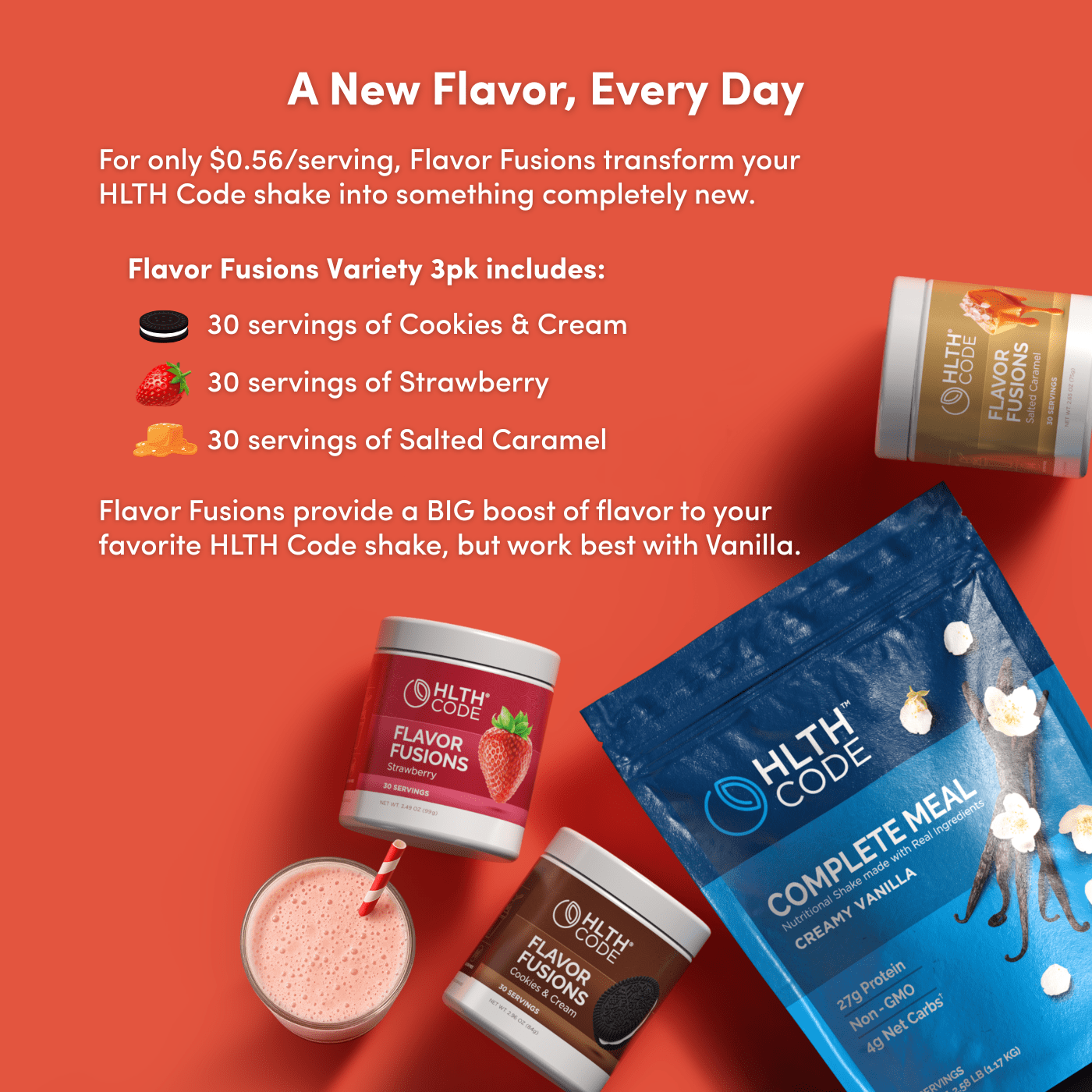The Top 10 Ways to Boost Your Immunity

The immune system plays a crucial role in defending the body against infections and maintaining overall health. While genetics and environmental factors influence immune function, lifestyle choices can significantly impact its efficiency. In this article, we will explore the top 10 evidence-based strategies to maximize immune health.
- Adequate Nutrition
A well-balanced and nutrient-rich diet is fundamental to immune health. Key nutrients, including vitamins A, C, D, E, and zinc, play vital roles in supporting immune function1. A deficiency in any of these nutrients can compromise the body’s ability to fight infections and maintain optimal health. Prioritize protein, consume healthy fats, and be starch smart by focusing more on fruits and vegetables, and cutting back on refined grains and sugars.
- Hydration Matters
Proper hydration is often overlooked but is critical for overall health and immune function. Water is essential for the transportation of nutrients, elimination of waste products, and optimal functioning of immune cells2. Dehydration can impair the immune response, making the body more susceptible to infections. The U.S. National Academies of Sciences, Engineering, and Medicine determined that an adequate daily fluid intake is about 15.5 cups (3.7 liters) of fluids a day for men and about 11.5 cups (2.7 liters) of fluids a day for women. This includes fluids from water, other beverages and food. Note that about 20% of daily fluid intake typically comes from food and the remainder from what you drink.
- Quality Sleep
Adequate and quality sleep is essential for a robust immune system. During sleep, the body undergoes crucial processes that regulate immune function, such as the release of cytokines and the production of immune cells3. Chronic sleep deprivation can weaken the immune response, making individuals more susceptible to infections. Aim for 7-9 hours of quality sleep each night to support optimal immune health.
- Regular Exercise
Engaging in regular physical activity has been linked to enhanced immune function4. Exercise promotes the circulation of immune cells, improves cardiovascular health, and reduces inflammation. However, it’s crucial to strike a balance, as excessive or intense exercise may temporarily suppress the immune system. Aim for a combination of cardiovascular, strength, and flexibility exercises to maintain overall health and immune function.
- Stress Management
Chronic stress can have detrimental effects on the immune system, leading to increased susceptibility to infections5. Incorporating stress management techniques such as meditation, deep breathing exercises, and mindfulness can help regulate the body’s stress response. Additionally, engaging in activities that bring joy and relaxation, such as spending time in nature or pursuing hobbies, contributes to overall well-being and supports immune health.
- Adequate Vitamin D Levels
Vitamin D is crucial for immune function, and its deficiency has been associated with an increased risk of infections6. The body produces vitamin D when exposed to sunlight, but factors such as limited sun exposure and sunscreen use can affect synthesis. In such cases, dietary sources and supplements become essential. Maintaining optimal vitamin D levels is particularly relevant for immune health, making it a key consideration for those adopting a low-carb diet.
- Probiotics and Gut Health
The gut microbiota plays a significant role in immune function, and maintaining a healthy balance of gut bacteria is essential for overall well-being7. Probiotics, found in fermented foods like yogurt and sauerkraut, contribute to a diverse and balanced gut microbiome. A low-carb diet that includes fermented foods can positively impact gut health, promoting the growth of beneficial bacteria and supporting immune function.
- Low-Carb Diet and Immune Health
Emerging research suggests that dietary patterns, including the consumption of a low-carb diet, can influence immune function. Low-carb diets, such as the ketogenic diet, are characterized by reduced carbohydrate intake and increased fat consumption. While more research is needed to fully understand the long-term effects, some studies indicate potential benefits for immune health8. The ketogenic diet, for example, has been shown to reduce inflammation and improve metabolic health, both of which can positively impact the immune system.
A study published in the Journal of Immunology Research found that a ketogenic diet may enhance immune responses by promoting the production of anti-inflammatory molecules and reducing oxidative stress9. Additionally, the diet’s impact on metabolic health may indirectly support immune function, as obesity and metabolic syndrome are known risk factors for impaired immune responses10.
- Polyphenol-Rich Foods
Polyphenols are compounds found in plants with antioxidant properties that may positively influence immune function11. Including a variety of polyphenol-rich foods in the diet, such as berries, nuts, and spices, can contribute to overall health. These compounds have been shown to modulate immune responses and reduce inflammation, supporting the body’s ability to fend off infections.
- Avoid Smoking and Limit Alcohol Consumption
Smoking and excessive alcohol consumption can have detrimental effects on immune health. Both substances can weaken the immune system, making individuals more susceptible to infections12, 13. Quitting smoking and moderating alcohol intake are essential steps towards optimizing immune function and overall well-being.
Conclusion
Maintaining a robust immune system is crucial for overall health, and lifestyle choices play a significant role in achieving this goal. Adequate nutrition, hydration, quality sleep, regular exercise, and stress management are fundamental pillars of immune health. Additionally, addressing specific factors such as vitamin D levels, gut health, and adopting a low-carb diet can further support immune function.
By incorporating these evidence-based strategies into daily life, individuals can take proactive steps to maximize their immune health, promoting overall well-being and resilience against infections.
References
- Calder, P. C., Carr, A. C., Gombart, A. F., & Eggersdorfer, M. (2020). Optimal Nutritional Status for a Well-Functioning Immune System Is an Important Factor to Protect against Viral Infections. Nutrients, 12(4), 1181.
- Popkin, B. M., D’Anci, K. E., & Rosenberg, I. H. (2010). Water, hydration, and health. Nutrition Reviews, 68(8), 439–458.
- Walker, M. P. (2017). Why We Sleep: Unlocking the Power of Sleep and Dreams. Simon & Schuster.
- Campbell, J. P., & Turner, J. E. (2018). Debunking the Myth of Exercise-Induced Immune Suppression: Redefining the Impact of Exercise on Immunological Health Across the Lifespan. Frontiers in Immunology, 9, 648.
- Dhabhar, F. S. (2014). Effects of stress on immune function: the good, the bad, and the beautiful. Immunologic Research, 58(2-3), 193–210.
- Aranow, C. (2011). Vitamin D and the Immune System. Journal of Investigative Medicine, 59(6), 881–886.
- Belkaid, Y., & Hand, T. W. (2014). Role of the Microbiota in Immunity and Inflammation. Cell, 157(1), 121–141.
- Paoli, A., Rubini, A., Volek, J. S., & Grimaldi, K. A. (2013). Beyond weight loss: a review of the therapeutic uses of very-low-carbohydrate (ketogenic) diets. European Journal of Clinical Nutrition, 67(8), 789–796.
- Goldberg, E. L., Molony, R. D., Kudo, E., Sidorov, S., Kong, Y., Dixit, V. D., & Iwasaki, A. (2019). Ketogenic diet activates protective γδ T cell responses against influenza virus infection. Science Immunology, 4(41), eaav2026.
- Honce, R., Schultz-Cherry, S., & Impact of Obesity on Influenza A Virus Pathogenesis, Immune Response, and Evolution (2019). Frontiers in Immunology, 10, 1071.
- Ganesan, K., Xu, B., A Critical Review on Polyphenols and Health Benefits of Black Soybeans. Nutrients, 10(11), 1664.
- Arcavi, L., & Benowitz, N. L. (2004). Cigarette Smoking and Infection. Archives of Internal Medicine, 164(20), 2206–2216.
- Piano, M. R. (2017). Alcoholic Cardiomyopathy: Incidence, Clinical Characteristics, and Pathophysiology. Chest, 151(1), 181–190.
This article is for informational and educational purposes only. It is not, nor is it intended to be substitute for professional medical advice, diagnosis, or treatment and should never be relied upon for specific medical advice.




















